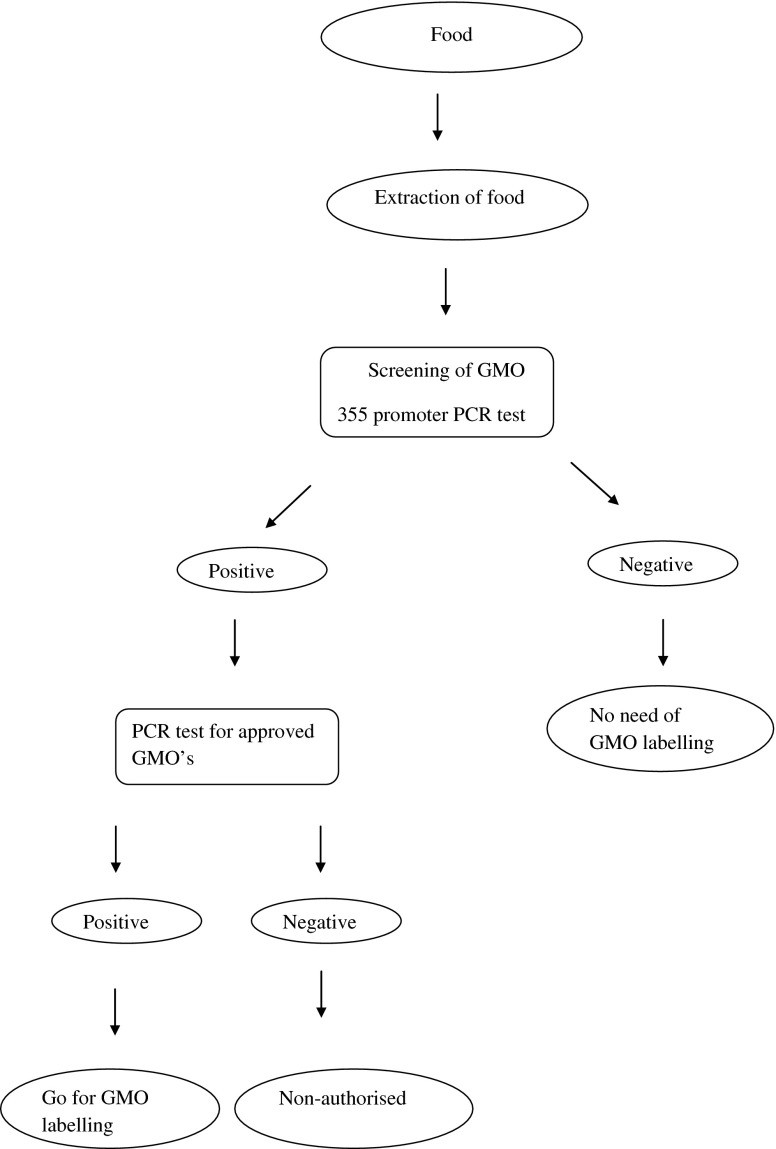Genetically modified (GM) foods have become a significant part of our diet, sparking ongoing debates about their safety and potential impact. This article delves into the concerns surrounding genetically modified foods, exploring the scientific basis, public perceptions, and potential risks associated with their consumption.
What are Genetically Modified Foods?
Genetic modification involves altering the genetic makeup of plants, animals, or microorganisms. This technology, often referred to as recombinant DNA technology, allows scientists to combine genes from different organisms, resulting in genetically modified (GM), genetically engineered, or transgenic organisms. The most prevalent GM crops include soybeans, corn, cotton, and canola, engineered for herbicide and insecticide resistance. While proponents tout benefits like enhanced nutritional value and increased crop yields, concerns persist regarding potential adverse effects.
 Genetically Modified Corn
Genetically Modified Corn
Health Concerns
One of the primary worries about genetically modified foods centers on their potential impact on human health.
Allergenicity
A significant concern is the risk of introducing new allergens into the food supply. If a gene from a known allergenic source is transferred to a non-allergenic crop, it could trigger allergic reactions in sensitive individuals. Even if the transferred gene isn’t from a known allergen, it could still potentially create a novel allergen.
Toxicity
Some studies have raised concerns about the potential toxicity of GM foods. The insertion of new genes could lead to the production of novel proteins that have adverse effects on human health. It’s crucial to conduct thorough safety assessments to identify and mitigate any potential toxicity risks.
Antibiotic Resistance
Another worry involves the use of antibiotic resistance marker genes in the genetic modification process. These genes are sometimes used to identify successfully modified organisms. There is concern that these genes could potentially transfer to gut bacteria, contributing to the growing problem of antibiotic resistance.
Environmental Risks
Beyond human health, there are also environmental concerns linked to genetically modified crops.
Impact on Biodiversity
The widespread cultivation of GM crops could potentially reduce biodiversity. If GM crops outcompete native plants, it could lead to a loss of plant diversity and disrupt ecosystems.
Development of Superweeds and Superbugs
The use of herbicide-resistant GM crops has led to the emergence of herbicide-resistant weeds, often called “superweeds.” Similarly, the use of insecticide-resistant GM crops can lead to the development of insecticide-resistant insects, known as “superbugs.” This necessitates the use of stronger and more toxic pesticides, potentially harming the environment.
Gene Flow
The transfer of genes from GM crops to wild relatives is another potential environmental risk. This gene flow could create weeds with enhanced resistance to herbicides or insects, further exacerbating the problem of superweeds and superbugs.
Socio-Economic Issues
The debate surrounding genetically modified foods also encompasses socio-economic considerations.
Corporate Control
A significant concern is the increasing control of the food supply by a few large corporations that develop and market GM crops. This corporate control could potentially marginalize smaller farmers and limit consumer choice.
Impact on Developing Countries
There are concerns that GM crops could negatively impact farmers in developing countries. The high cost of GM seeds and the reliance on specific herbicides could create economic hardship for farmers and exacerbate existing inequalities.
Labeling and Consumer Choice
Many consumers advocate for mandatory labeling of genetically modified foods, allowing them to make informed choices about what they eat. Transparency in labeling would enable consumers to avoid GM foods if they have concerns about their safety or environmental impact.
Regulation and Safety Testing
Adequate regulation and rigorous safety testing are essential to address the concerns surrounding genetically modified foods. Regulatory agencies should implement comprehensive testing protocols to assess the potential health and environmental risks of GM crops before they are approved for commercial use.
The Future of GM Foods
The future of genetically modified foods remains uncertain. While they offer potential benefits like increased crop yields and enhanced nutritional value, the concerns regarding health, environment, and socio-economics must be addressed. Responsible development, thorough safety testing, transparent labeling, and open public dialogue are crucial to ensure that GM foods are used in a way that benefits both people and the planet.
Conclusion
The question of “Why Are Genetically Modified Foods Bad” is complex and multifaceted. While proponents emphasize the potential benefits, legitimate concerns exist regarding health risks, environmental impacts, and socio-economic implications. Moving forward, it is crucial to prioritize rigorous scientific research, transparent regulation, and open communication to ensure that the development and use of GM foods are guided by the best interests of both human health and the environment.
References
(References from the original article should be included here with proper formatting)